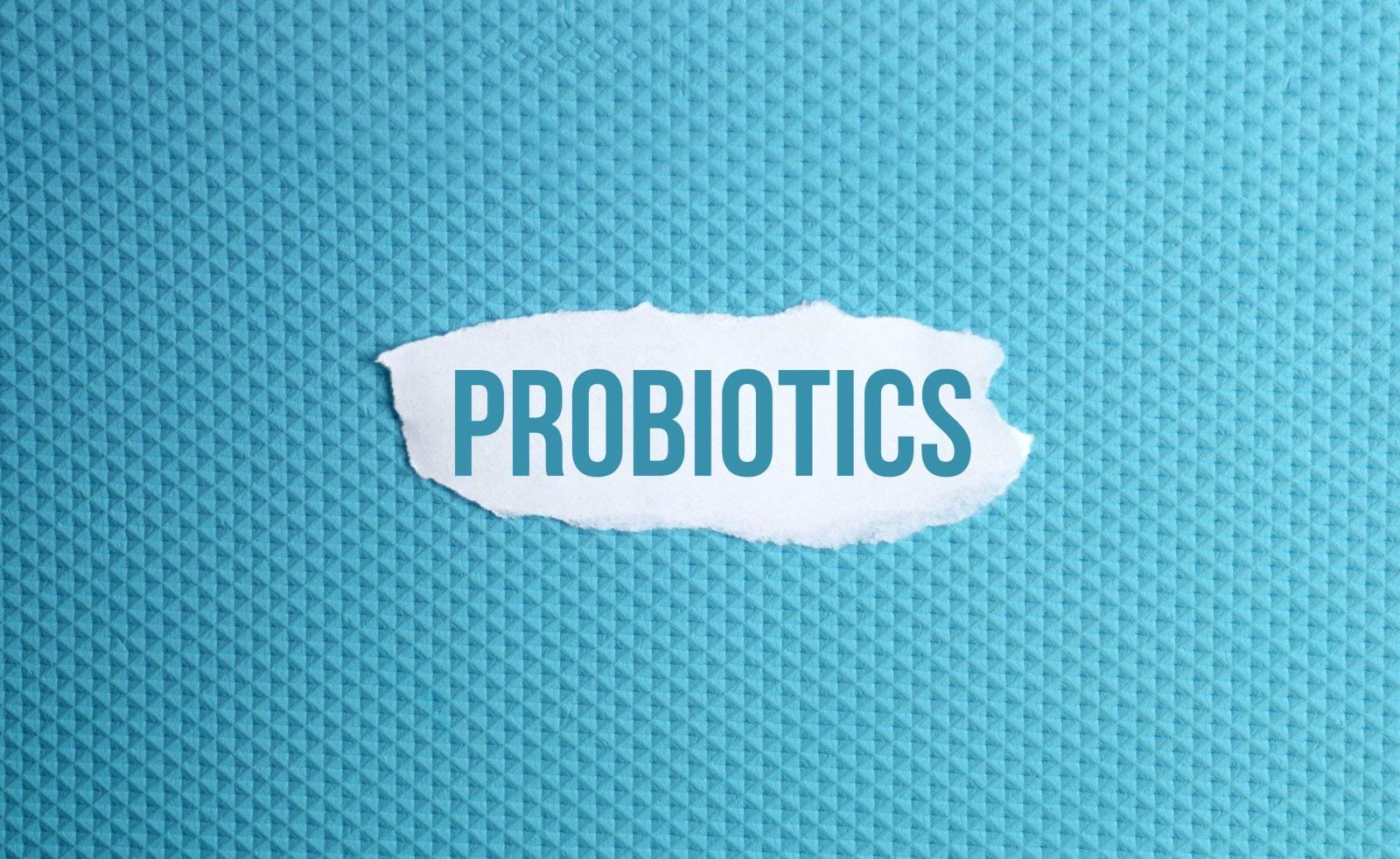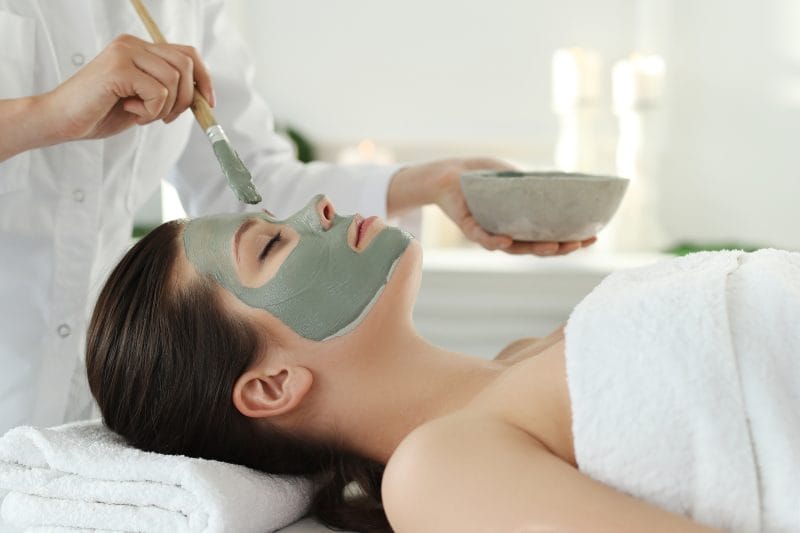Professional Skincare, Skincare
Benefits of Probiotics for the Skin
The human body is home to trillions of microorganisms, including diverse bacteria ecosystems that reside on the skin. Research has shown that some of these microbes promote skin health, reinforcing the skin’s natural barrier against bad bacteria, balancing pH levels, and even protecting against skin cancer. However, the constant use of harsh facial cleansers and antibacterial soaps can strip the skin of these healthy bacteria, causing stress and dryness and leading to skin issues like breakouts, eczema, rosacea flares, and psoriasis.
Enter probiotics, microorganisms that are similar to the naturally occurring bacteria in your gut. Probiotics facilitate numerous health functions, from serotonin production and digestion to increasing resistance to illness and infection. The more good bacteria we have in our bodies, the more likely we are to prevent bad bacteria from taking over and causing issues like gastrointestinal symptoms, IBS, and inflammation.
Probiotic skincare involves using products that contain live microorganisms to improve the health of the skin. By adding probiotics to your skincare regimen, you can help to rebuild the healthy ecosystem of your skin and give you the healthy-looking skin you desire.
How Do Probiotics Benefit Your Skin?
Probiotics in skincare optimize the healing benefits of our skin’s good bugs. They act as a protective shield against bad bacteria, and reducing inflammation. They can also help improve the skin’s natural barrier and protecting it from external irritants. Additionally, they can improve skin texture and reduce the appearance of fine lines and wrinkles. Topical probiotics can create an optimal environment for the good bugs, swinging the balance in your favor against bad bacteria.
Prebiotics are a non-digestible compound that supports the vitality of the good bacteria in your body. They are found in foods like whole grains, bananas, greens, onions, garlic, and soybeans. Some topical probiotic products contain prebiotics as they promote the growth of healthy bugs that live on your skin. To put it simply, probiotics contain the good guys, and prebiotics contain what the good guys like to consume to ensure their own survival and proliferation.
There are also postbiotics. They are metabolic by-products of natural bacteria function. These postbiotics, including enzymes, organic acids, polysaccharides, and peptides are powerful molecules that further reinforce your skin’s healthy barrier.
How Do Probiotics Work and Why Are They So Good for Your Skin?
Similar to how probiotics work to prevent and treat stomach problems, topical versions also have been shown to have a calming effect on the skin by stimulating a surge of good bacteria that help skin cells thrive. The bacterial cell content works along with receptors to modulate the immune response, which greatly helps to soothe skin that’s become inflamed.
The bacterial ecosystem naturally found on our skin plays a very important protective role, which can be easily damaged with the use of harsh soaps and stringent cleansers. By adding probiotics to your skincare regimen, you can help to rebuild this healthy skin ecosystem, giving you the healthy-looking skin you desire.
How to Choose the Right Probiotic Skincare Product for Your Skin
When buying a probiotics-packed beauty product, look for ingredients like Lactobacillus, Bifidobacterium, Vitreoscilla, and prebiotic sugars like xylitol.
Probiotic skincare products are quite delicate, so it’s essential to read the packaging instructions carefully. Most of them have a six-month expiration date after opening and need to be stored in a cool environment, some even in the fridge.
By using a probiotic cleanser, serum, or moisturizer, you can help maintain a healthy balance of bacteria on your skin that prevents breakouts and maintains a healthy glow.





